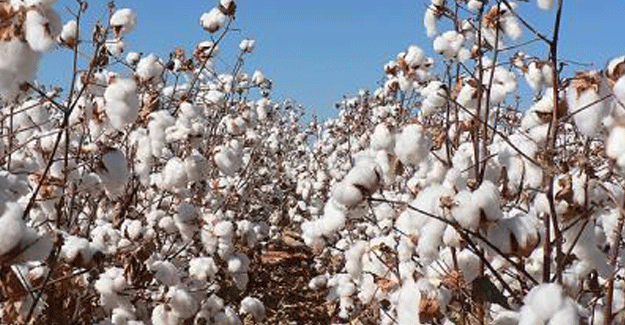
Govt’s Attempt To Keep Farm Promise May Hurt Textile Sector
The textile units in India face the gloomy prospects of being forced to purchases cotton and jute from farmers at minimum support prices (MSPs) fixed by the center if not above. The decision to make this mandatory is being vied with by the agriculture ministry to keep the farmers’ profit basket in good shape.
The agriculture ministry source pointed out that it was a part of the government’s promise to ensure that farmers receive 50% profit over the cost of production. “This move is considered as an option just to ensure that the promise turns into a reality without rendering the center’s procurement expenses to spiral out of control.” At present, the government is holding inter-ministerial consultations to discuss procurement-based price support schemes for agricultural crops.
The proposal, if it comes through, is bound to face implementation challenges and is also fraught with disastrous results for the textile and garment industry that is labor intensive. Needless to say, it will inflate the cost of cotton which happens to be a key input to the textile and garment industry in India.
If the government intends to keep its promise with the farmers, it will have no options but to increase the MSP for cotton by a minimum of 28% for the season 2018-19. In wake of the fact that cotton accounts for nearly 60% of the yarn costs and is bound to escalate the prices up the textile value chain, this might result in endangering the competitiveness of the entire textile value chain both in the domestic and export sectors.
According to a government official, the MSP proposal for cotton and jute leaves the government with two options. In the first instance, the government can facilitate the Cotton Corporation of India and the Jute Corporation to purchase the two crops at MSP at all locations across India and sell it to the open market. In the second instance, the government can ask the mills to purchase cotton and jute at MSP and in return offer them some incentives to offset the price escalation.
Either way, it’s a bad time for the decision to take shape as the garment production in the country has dropped for the eleventh month in a row and textile exports have contracted for the seventh straight month. Under the circumstances, the textile ministry is expected to vehemently oppose the move and take up cudgels on behalf of the textile sector.
Textile Excellence
If you wish to Subscribe to Textile Excellence Print Edition, kindly fill in the below form and we shall get back to you with details.












